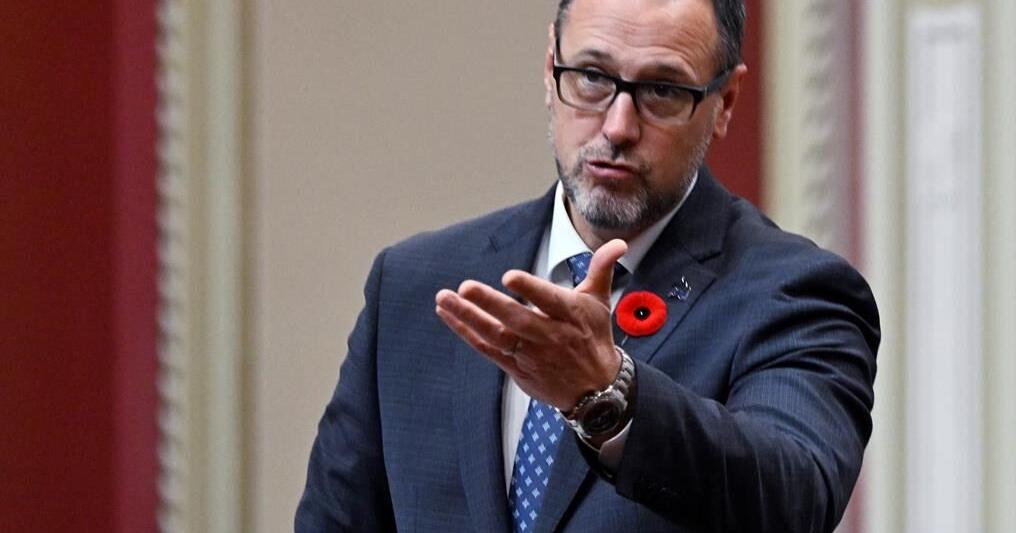ST. JOHN’S, N.L. – A scientist has determined that the strange white blobs puzzling Newfoundland beachcombers are made of a plastic commonly found in adhesives, but the origin of the mysterious goo is still unknown.
Hilary Corlett, an Earth sciences specialist at Memorial University, collected several of the sticky globs from a beach in Arnold’s Cove, N.L., last month and gave them to a colleague for testing. The results, she said, came in late last week: it was polyvinyl acetate, often found in glue.
“It is pollution,” Corlett said in an interview Tuesday. “It’s plastic. It needs to be cleaned up.”
Members of a Newfoundland and Labrador beachcombers group on Facebook began sharing pictures of the bizarre gunk in September, asking if anyone knew what it was. Group members had many suggestions, some more helpful than others: slime moulds, whale boogers, or toutons — fried dollops of bread dough popular in Newfoundland breakfasts.
Corlett was intrigued. She studies marine microplastics and figured she had to go find a sample for herself. She said she was amazed to find about 20 of the mysterious mounds within her first few steps onto the small beach about 100 kilometres northwest of St. John’s.
“There’s a lot of them,” she said.
They smell like plastic, like “that smell when you walk into a Canadian Tire,” Corlett said. Some had imprints of rocks and pebbles, as if they’d once been liquid.
They were slimy and “quite squishy,” but still firm, she said. When ripped apart, the material had no pores.
She gave the samples to Memorial University chemistry professor Christopher Kozak, who subjected them to a barrage of tests. The goo remained intact even in temperatures beyond 180 C. Using a procedure to identify the individual elements of the substance, he determined it was polyvinyl acetate, Corlett said.
Kozak did not respond to requests for an interview.
Environment Canada said last month that preliminary tests suggested the “mystery substance” may be “plant-based.” The department did not immediately return a request for comment, but said Friday its scientists were analyzing the substance and that officials could not speculate about what it might be or where it came from.
Corlett said the testing shows the blobs are safe to touch, and she hopes there will be beach cleanup efforts to remove it.
She also hopes officials will work to determine where the substance came from, and whether there are more blobs — possibly much larger — sitting on the ocean floor.
“Understanding where it is in the ocean, I think would be something that would be a good idea,” she said. “Because I think it should be cleaned up.”
This report by The Canadian Press was first published Nov. 5, 2024.
